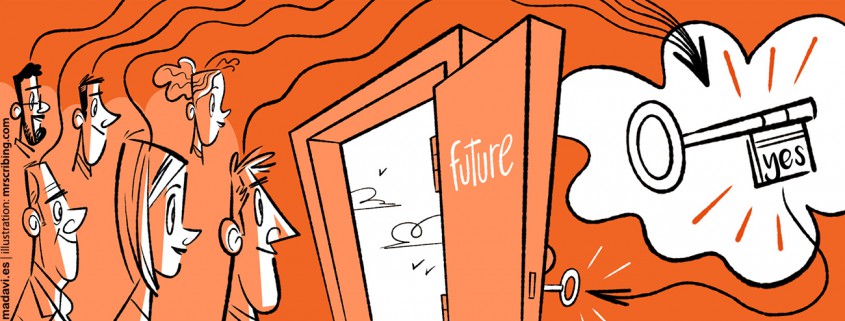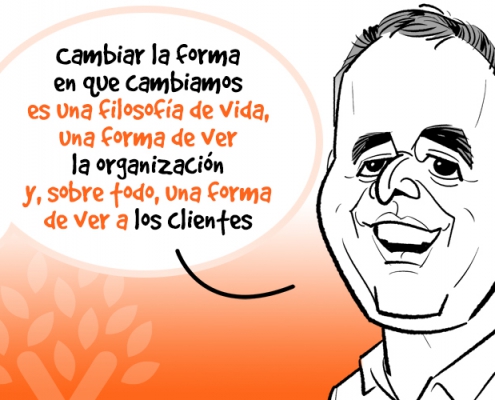How appreciative culture impacts on the well-being of employees

What can be done from an organization to promote emotional well-being? Why is it important for companies to pay attention to this aspect? What are the benefits to the organization of caring for the well-being of employees?
When the pandemic hit, workers “came back to work already with some health-related baggage to work on, especially with their psychological health deteriorated,” according to a study by Observatorio Generación & Talento. . “The health crisis has made this deterioration much more severe,” states the report.
Each generation experiences their health in a different way. For example, according to this study, the great challenge facing the older generations (Generation X and the Boomers) has to do with their emotional health. They are facing a new challenge, which is retirement, and this impacts on them and creates uncertainty. They also report sadness, because after so much work and sacrifice they don’t have enough recognition.
Psychological health is also the most worrying scenario for Generation X. This is a generation with a lot of responsibility in both professional and family spheres, and they don’t know how to harmonize the two areas, causing them great anxiety. Lack of time is their major complaint.
The younger generations, the millennials and Generation Z, for their part, demand time that they don’t have, for example, for relationships, leisure or training. Understanding that this training is the key to their professional development. In addition, “they live digitally, and this is having an impact on their health, in physical, emotional and relational aspects.”
The impact of an appreciative culture on employee well-being
For all these reasons, organizations need to work on the health and well-being of their staff with programmes and policies that empower them. And many companies are tackling this today. They redesign their work spaces looking for that well-being; they encourage healthy diets, and make available mental health programmes and specialists to their employees; they include sports activities, emotional intelligence workshops, etc. And that’s very good.
But at Madavi, we believe that on many occasions, these initiatives only act on the tip of the iceberg, forgetting the submerged part, which is what really needs to be tackled to get results: the culture of the organization. What model has a positive impact on people? We propose an appreciative culture.
This means choosing a corporate culture that helps people reconnect with their dream, with what they really want, not with what they don’t want.
Improving the emotional well-being of the employee is not an issue related only to remuneration or conciliation, for example. As we have been able to verify throughout these years in Madavi working with our clients, a positive work experience means feeling that you are part of an attractive image of a common future which you have also helped to build.
And this begins by looking into strengths, at both individual and team levels. Let’s look at what unites them; in their strengths and in those moments when they have been successful as a group!
The opposite approach is scarcity; it is looking at what’s wrong with the team and with the people who make it up, what doesn’t work, what we have to develop and learn to improve. This is what we’ve been used to since childhood, a way of seeing things that leads to nothing and has a negative impact on our emotional balance.
For that reason, it’s time to decide whether to continue doing the same things, with the same results in terms of business and/or people (lack of commitment, demotivation, brain drain…), or become a positive and appreciative organization.
At the business level, positivity also allows us to develop new skills, new relationships, new knowledge and new behaviours. That’s because positive emotions cause changes in cognitive activity, which in the long run can produce behavioural changes, or what we “appreciators” call an “action tendency.” The positive emotions help us to expand, transform and build – and be happier.






